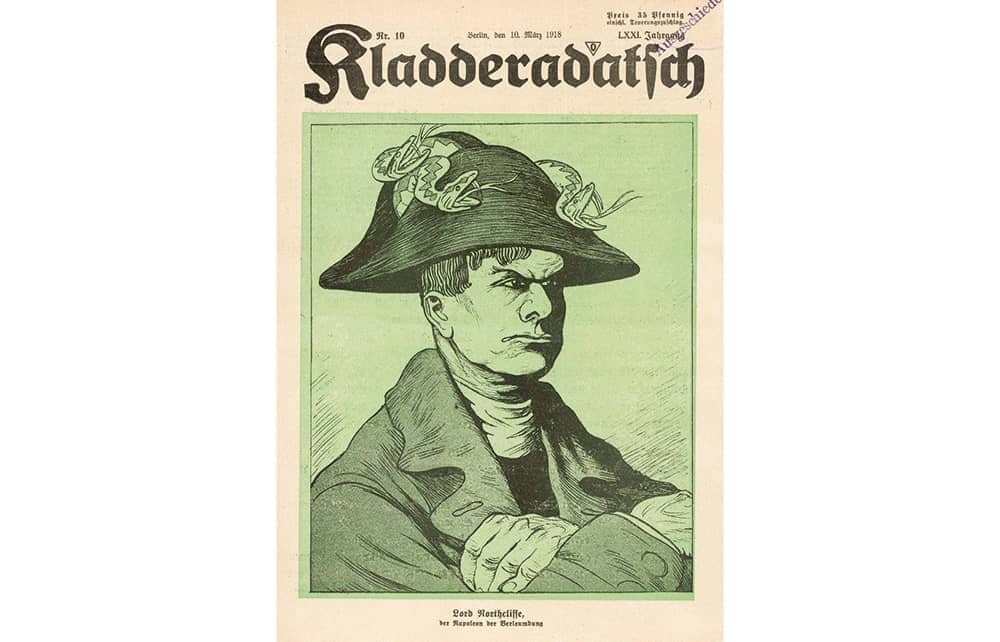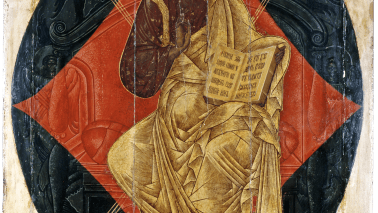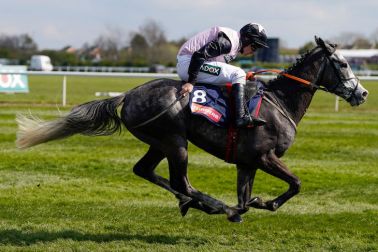‘What a man,’ enthused Wilhelm II from exile in 1921. ‘If we had had Northcliffe we would have won the war.’ The Kaiser wasn’t describing a general or politician but a not- so-humble newspaperman, Lord Northcliffe, the pugnacious proprietor of the Times, Daily Mail and a host of other print publications, who had ended the Great War pumping news into Germany as the British government’s director of propaganda in enemy countries.
Northcliffe brought to that post the drive he had shown building up his media empire over three decades. The Germans so reviled – or perhaps admired – him that they struck a medallion depicting him, quill in hand, with an image of Satan on the back and the words: ‘The architect of the English people’s soul.’ Northcliffe obtained a copy, which still hangs in the Daily Mail boardroom.
Andrew Roberts picks up on that last assessment. He describes Northcliffe as shaping not simply the landscape of modern journalism, which is plain enough, but also ‘the mind of empire’, which is more intriguing. For Northcliffe had a knack of second guessing the aspirations of his average readers and nudging them into government policy at a time when Britain was being forced to adjust to growing threats to its traditional imperial ascendancy.
Northcliffe was born Alfred Harmsworth into a large, initially modest Anglo-Irish family in Dublin in 1865. His early success came from packaging magazines for aspiring products of the board schools introduced in the 1870 education act. Harnessing technological innovations such as electric presses, he turned a personal hobby into the popular Bicycling News. Following the model of George Newnes’s Titbits, he produced a similarly lucrative miscellany, Answers to Correspondents, the Twitter of his day, as well as a range of comics and magazines, such as the patriotic Union Jack. His brother Harold, later Viscount Rothermere, generally attended to the business while Alfred oversaw content, focusing on health, sex and money.







Comments
Join the debate for just £1 a month
Be part of the conversation with other Spectator readers by getting your first three months for £3.
UNLOCK ACCESS Just £1 a monthAlready a subscriber? Log in